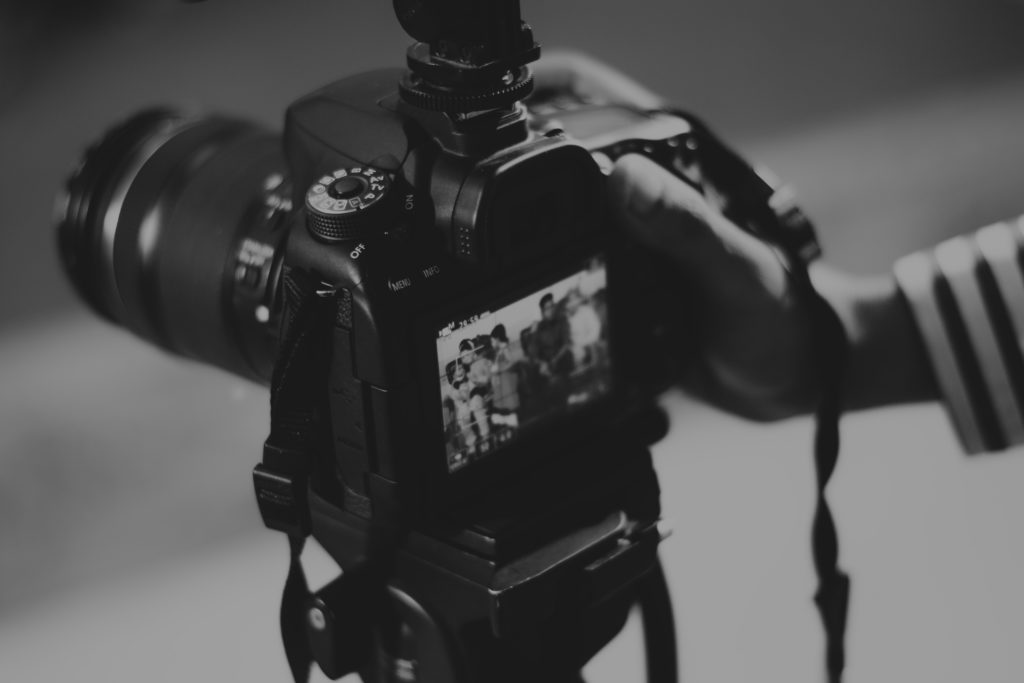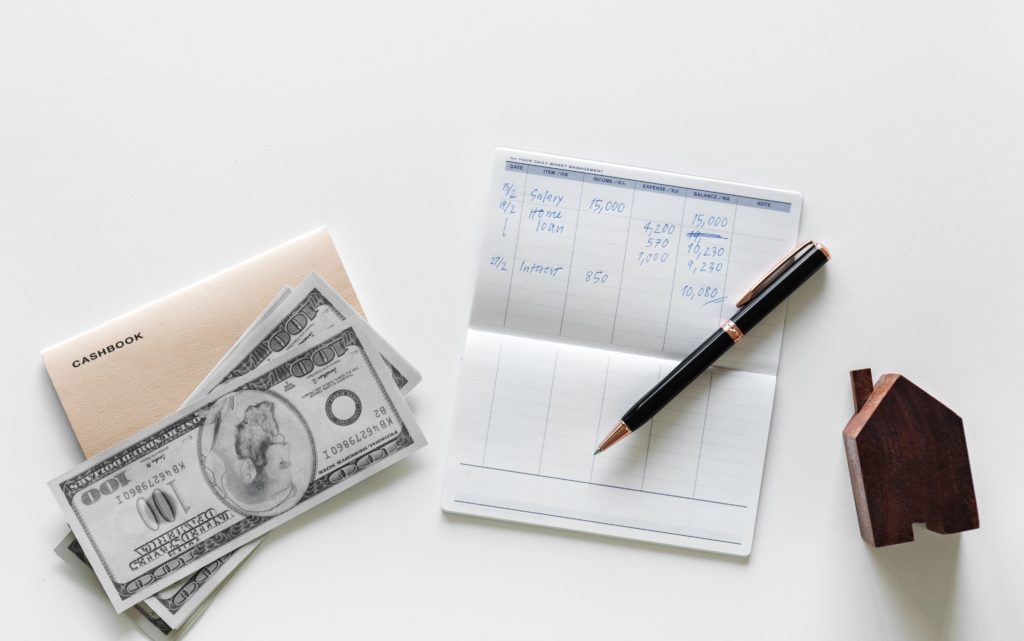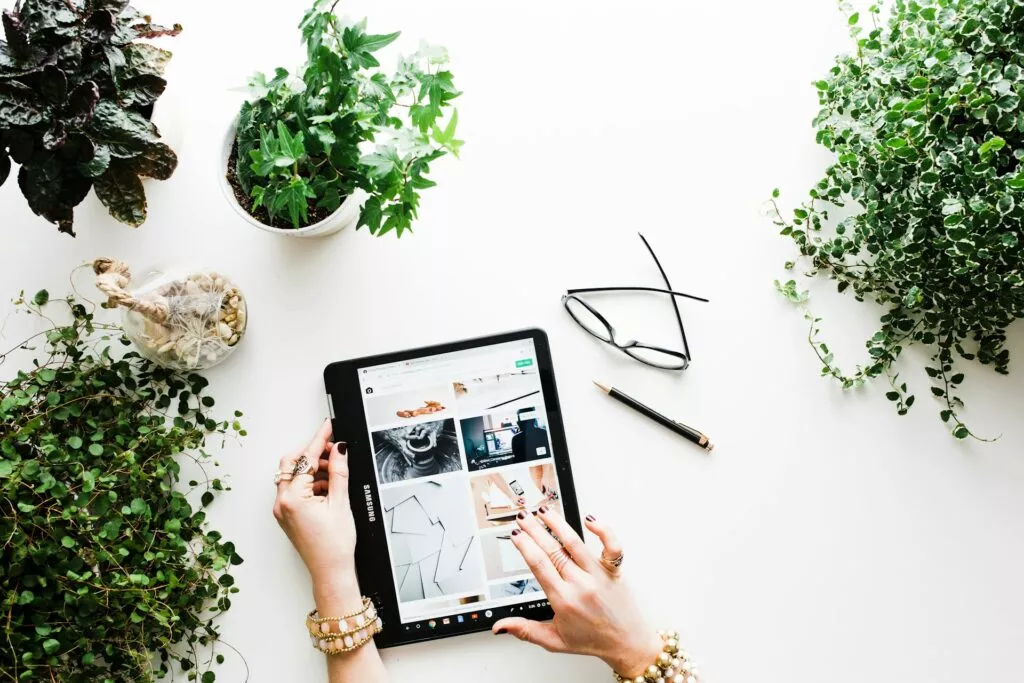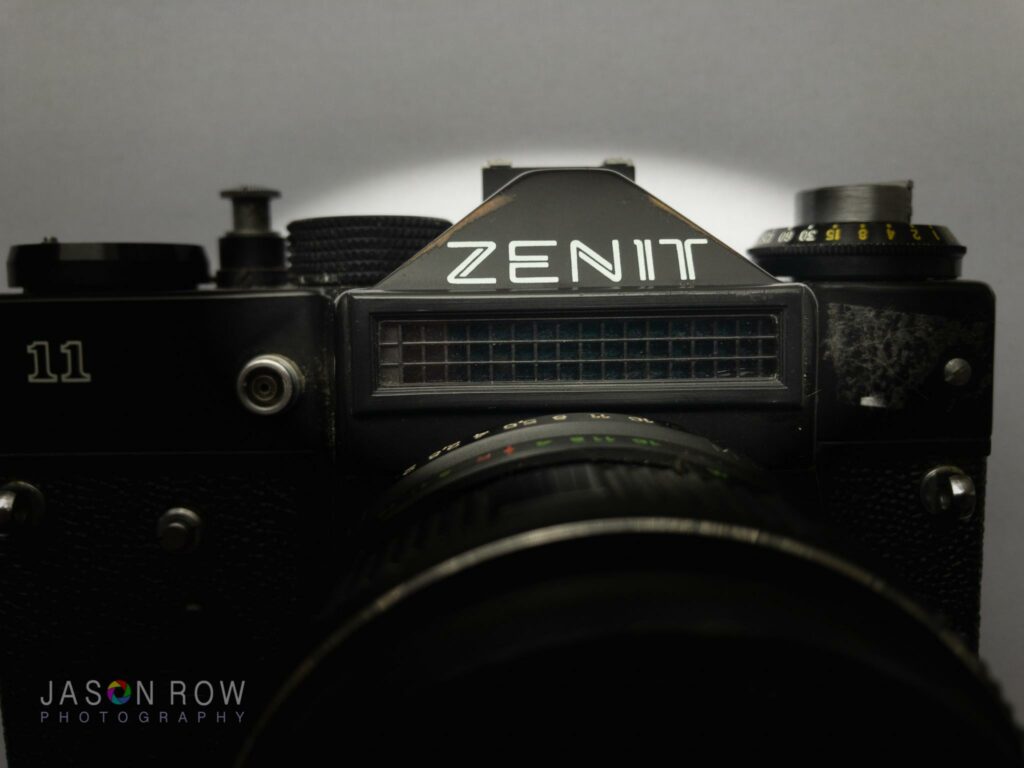Everyone has to start somewhere. You don’t get to be a CEO or a starting quarterback just because you show up and think you deserve the position. You have to pay your dues, as the saying goes. The case is no different for photographers.
It’s not uncommon to hear photographers lament the days when they had to work for free as a means of building up their portfolio and gaining experience and exposure. There are exceptions, but taking this route is pretty much standard these days.
The concept of “exposure” and how much it is really worth to photographers remains a point of debate, however.
How long should a new photographer do work for exposure? At what point should one start charging for their work?
To be perfectly honest I don’t believe there are any one-size-fits-all answers to these questions, but I think there are some important things to consider as you wrestle with doing work for exposure (for free) versus getting paid.

Get Something When You Work For Free
In a perfect world, we’d all be fairly compensated for the things we create. I would love to live in such a world but it doesn’t exist, and I think it’s a bit shortsighted for those who are well established to suggest that you should never under any circumstances do free work.
Exposure (unrelated to the process of sorting out aperture, shutter speed and ISO) is somewhat of a bad word in many photography circles. I get it. Exposure won’t pay the bills. But in order to have any chance of getting to the point where you can charge clients and feel good about it, you’ve got to prove yourself.
In today’s DIY culture, there are a variety of ways to go about this, from reaching out to collaborate with bands to seeking out aspiring models via social media. Regardless of what path you take in these early stages, odds are you will be doing unpaid work (maybe some free food or clothing here and there).
The key is to make sure you know what you’re getting into before you accept any sort of unpaid job. For example, there are projects you can take on that allow you the freedom to use your own ideas and to be as creative as you wish. Even if there’s no pay involved, you’ll gain the experience of completing a formal shoot and you will have something to show for it — work that is worthy of being published.
Again, even if it’s not money, be sure that you are benefiting in some way from the unpaid work you do. If nothing else, you want to be able to have creative control over what you’re doing. It’s too easy for these situations to become a one-way street — you work with a brand and give them free images of their products and you get next to nothing.
So don’t be afraid to ask questions and gain as much knowledge as you can before jumping into unpaid work. How will your images be used? Where will they be published? Take a look at the social media profile of a potential collaborator and determine for yourself whether their audience is worth catering to. Learn what they expect from you and communicate what you expect to get out of the collaboration.
Armed with as much information as possible, you can avoid being taken advantage of and actually ensure that the unpaid work you do is beneficial to you.

Get Paid
There’s really not a whole lot to say here. There will come a time when you need to start charging for your work. This can be an intimidating move because many photographers at this stage tend to worry that their work isn’t good enough to warrant a monetary value.
But remember all that unpaid work you did? That was to get you to this point, to prove to yourself and to potential clients that you should be getting paid. Yes, you will continue to learn on the job and your style will probably undergo some changes, but that doesn’t mean you shouldn’t be charging now.
Start small and set prices commensurate with your portfolio and experience, and increase your prices gradually over time as you expand your clientele.

Final Thoughts
It seems that unpaid work is just a fact of life for photographers — these days it’s probably the most practical and most accessible means of getting your foot in the door.
Don’t let anyone discourage you from doing unpaid work (it’s not like they’re offering to pay you). But also don’t allow yourself to be taken advantage of when you do accept unpaid gigs.
Know your rights and know your worth so that you can transition confidently into getting paid for what you love to do.
Further Reading
- Trying to Get Paid: Apple Will Pay Photographers in “Shot on iPhone” Contest
- Storytime: The Moment I knew It Was Time To Get A Website
- “Influencer” PR Rep Calls Wedding Photographers Abusive for Refusing to Work for Nothing




